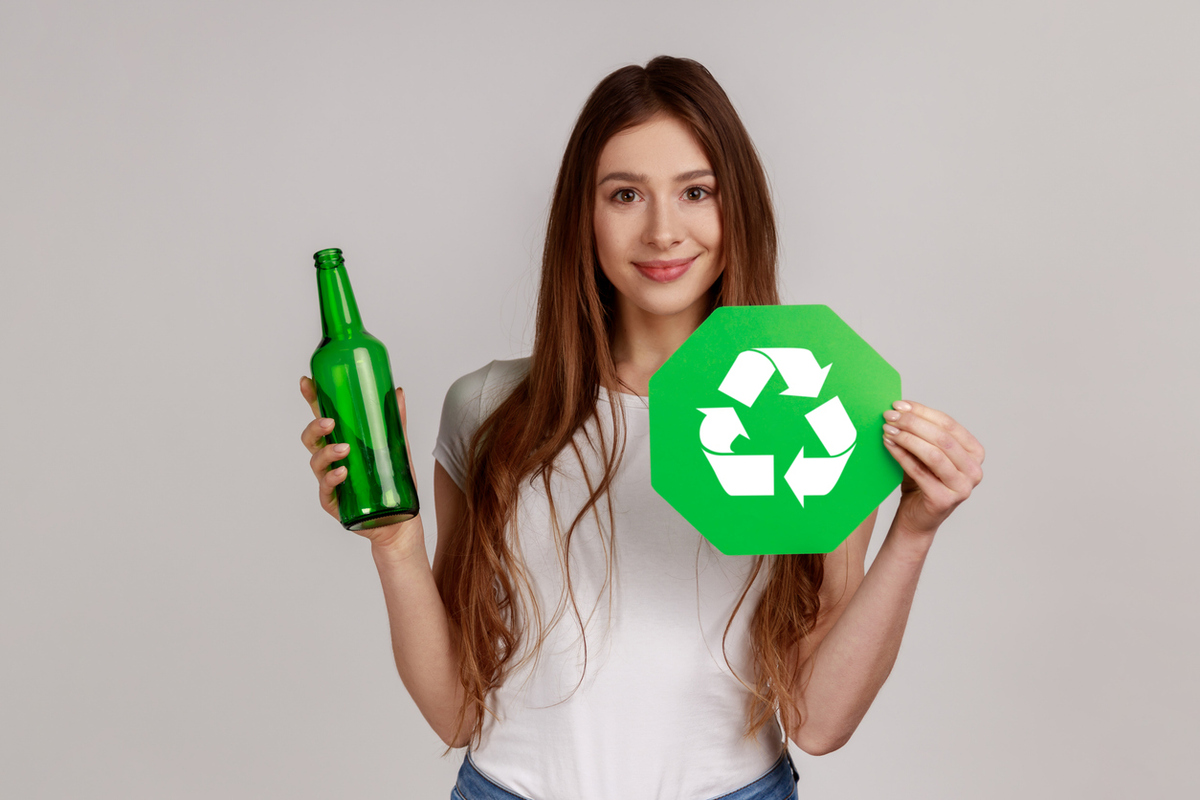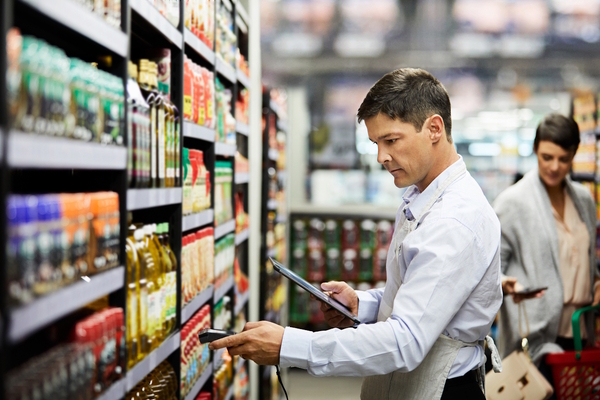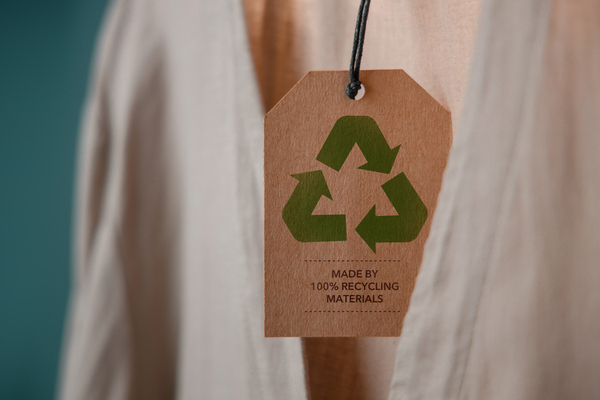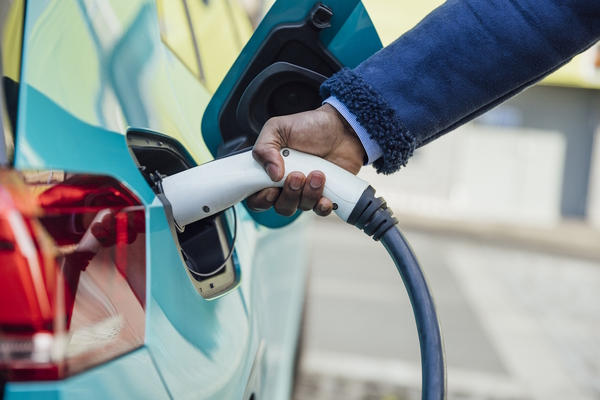Futureproofing beverage packaging collection
Can a digital DRS help the UK leapfrog into the league of recycling high achievers?

The rocky road of the UK’s deposit return scheme has so far resembled an obstacle course rather than a well-designed project. A system of the type that has been operational and expanding in many other countries for decades now still faces in the UK what looks like a row of insurmountable barriers.
The momentum of the Scottish deposit return scheme (DRS), as well as the ambitions of Wales to introduce a similar initiative, have been thwarted by a succession of major economic and social disruptions, such as Brexit, the pandemic and the cost-of-living crisis.
The first blow to DRS in Scotland and Wales, however, came via the Internal Market Act 2020, which overruled implementation in home countries before a similar system is launched in England, as it would create a trade barrier within a united market. Scope was another point of contention. Both Scotland and Wales insisted on including glass in the scheme, while England was set to exclude it.
The tug-of-war that followed resulted in the demise of the Scottish scheme, with the organisation set up to oversee it going into administration in June 2023, while alcohol – and especially whisky producers – hailed the delay in implementation as a sensible move given how unprepared the drink industry still was.
The scheme’s implementation has been pushed back year after year, and is currently scheduled for October 2027 – unless the new Labour government decides to prioritise it over protecting drink producers and retailers from any potential setbacks.
Although the way costs are spread and companies compensated vary widely across the world, DRSs are an integral part of extended producer responsibility (EPR). At EPR’s core lies the concept of “letting the polluter pay”, designed to prevent manufacturers from externalising the negative environmental and social impact of their products.
Models typically collect money from producers, which goes towards the handling costs of retailers and collecting organisations. The costs retailers incur acting as returning points can include manual labour for over-the-counter returns, investment in reverse-vending machines (RVMs) – some of which compress containers – as well as the cost of extra space required for managing empty returns.
Taking the burden of these investments into considerations, however, small drinks producers and retailers are often given a grace period or complete exemption from compliance while mandating bigger players to join the scheme.
Can digital technology offer a fresh start to a scheme fraught with costly dithering?
Postponing the launch of the Scottish DRS cost Biffa, selected by Recycling Scotland as a logistics company, about £200,000, which the company has sued the Scottish government for. Norwegian reverse-vending machine manufacturer Tomra – also involved in the Scottish project – is luckier, as its successful implementation projects in other countries, such as Austria, can help it absorb any loss incurred in Scotland.
Fortunately, though, negative stories about the losses of companies involved in DRS-related projects haven’t completely turned business away from the space. Efforts to digitalise the collection of drink containers – although mostly small-scale and scattered – are particularly impressive.
According to a factsheet from Re-loop, an international non-profit organisation, there are four pillars to a fully-fledged digital drink container collection scheme.
While traditional DRSs require consumers to take drinks bottles physically to shops or collection points and return them either over the counter or via reverse-vending machines, digital ones aim to rely mostly on already existing and well-established kerbside collections.
To make returns more convenient, consumers in a digital collection system don’t need to carry plastic bottles or aluminium containers unsquashed to the local retailer but only scan the unique QR code of the container prior to throwing them in the right selective bin outside their homes.
Consequently, the first step in establishing a digital DRS system is to assign and apply serialised identifiers to each plastic bottle and aluminium container.
Co-Op and ALDI have already applied recycling tech firm Polytag’s UV 2D tags, printed by Interket UK, to water bottles and milk respectively, as participants in recycling charity RECOUP’s 26-week “Bottle to Bottle” project.
Secondly, the consumer-facing aspect of these solutions is a smartphone app which can be used for scanning labels and receiving the deposit or a reward on providing proof of the empty packaging being recaptured. (With traditional DRSes, the price of the product is increased by including a small deposit, which cascades from the producer to the consumer and back, whereas digital versions often experiment with money or loyalty points instead.)
In one of the most extensive pilots in the UK, which took place in Glasgow and West Central Scotland, sustainable payments specialist Helpful launched a digital wallet and micropayment solution in partnership with Mastercard, where users could manage the 20p reward they received for each bottle returned.
However, a comprehensive smart DRS needs to consist of more than just sticking QR codes on products and providing consumers with an app to redeem their rewards or retrieve deposits. The third crucial component is a network of smart collection points – recycling machines or kiosks that can sort and compress waste and process data using artificial intelligence, IoT tech, computer vision, robotics and near-field communication.
Ideally, these three factors – tags, apps and smart collection points – need to be integrated if the recycling platform is to succeed. Thanks to end-to-end integration, these platforms also function as a single source of truth, where payments only happen when recyclable containers – not just their tags – physically re-enter the system.
Smart collection points could even execute a smart contract that releases money into the right digital wallet once the unique QR code and the container have entered them, thus discouraging consumers from detaching and redeeming codes.
The UK’s readiness for a digital DRS
Although Anthony McGurk, Chairman of re-universe, a Bicester-based tech company, has already argued in an interview in 2023 that “the technology and infrastructure required to run a digital DRS across the UK is already tried, tested and ready to go,” full-blown, scalable schemes are still thin on the ground.
Although McGurk is right in saying that traditional DRS is “not fit for the 21st century”, the viability and effectiveness of the system – the contamination level of materials collected this way, the risk of fraud and the rate of litter reduction – need further testing. Out of the 14 pilots examined in the Re-loop factsheet, only that run in Brecon, Wales is a full-blown digital deposit return scheme trial that has it all – tag, app, smart collection and a platform.
While a digital DRS does have the potential to integrate already high-performing kerbside collection, as well as to provide a track-and-trace infrastructure that can be later leveraged for other use cases too, the UK’s retrogressive approach to recycling makes it hard to completely bypass the traditional return-to-retail (R2R) stage.
What may work, though, is a hybrid system, where a digital DRS is implemented along R2R to alleviate the burden a deposit return scheme puts on manufacturers and retailers, as well as on users who have already established ways of participating in kerbside collection.
Investing in and subsidising full-blown DRSes is about helping build a futureproof system that enables compliance with extended producer responsibility and a long-term shift to refillable packaging. Germany, for example – something of a posterchild of recycling – has already achieved a 98 per cent return rate for refillable beverage containers too. To catch up, the UK must fire on all cylinders – not randomly but in line with a clear strategy.

Zita Goldman
Most Viewed
Winston House, 3rd Floor, Units 306-309, 2-4 Dollis Park, London, N3 1HF
23-29 Hendon Lane, London, N3 1RT
020 8349 4363
© 2025, Lyonsdown Limited. Business Reporter® is a registered trademark of Lyonsdown Ltd. VAT registration number: 830519543





